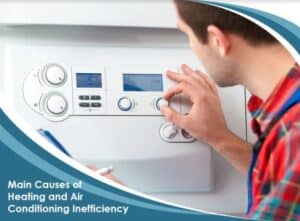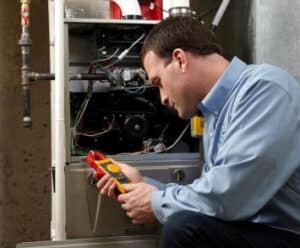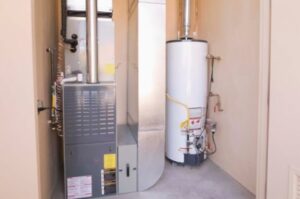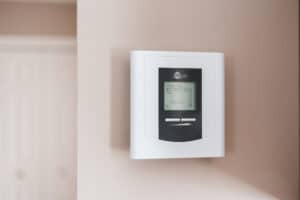
Heat pumps vs. furnaces for heating
Has the time come to choose a new heating system for your home? Chances are, you will need to decide between a furnace and a heat pump. Almost all American homes use one of these two systems, and while both work well they also have many differences. Understanding the advantages and disadvantages of each system will help you to choose the very best heating equipment for your home. Fuel And Power Furnaces get their energy from either electricity or fossil fuels such as natural gas, oil or propane. Urban homes use electricity or natural gas (provided by utility companies), while homeowners outside the utility supply range may opt for tanks of oil or propane. Any kind of fuel-based furnace comes with a small risk of carbon monoxide exposure and of fuel ignition resulting in a fire or explosion. Heat pumps run on standard residential electrical power. Since they do not run on fuel, they produce no carbon monoxide (which is a byproduct of fuel combustion) and have no risk of ignition. How They Work Furnace systems use thermostats to detect the indoor temperature of a home and turn the furnace on the temperature falls below a set level. The system










